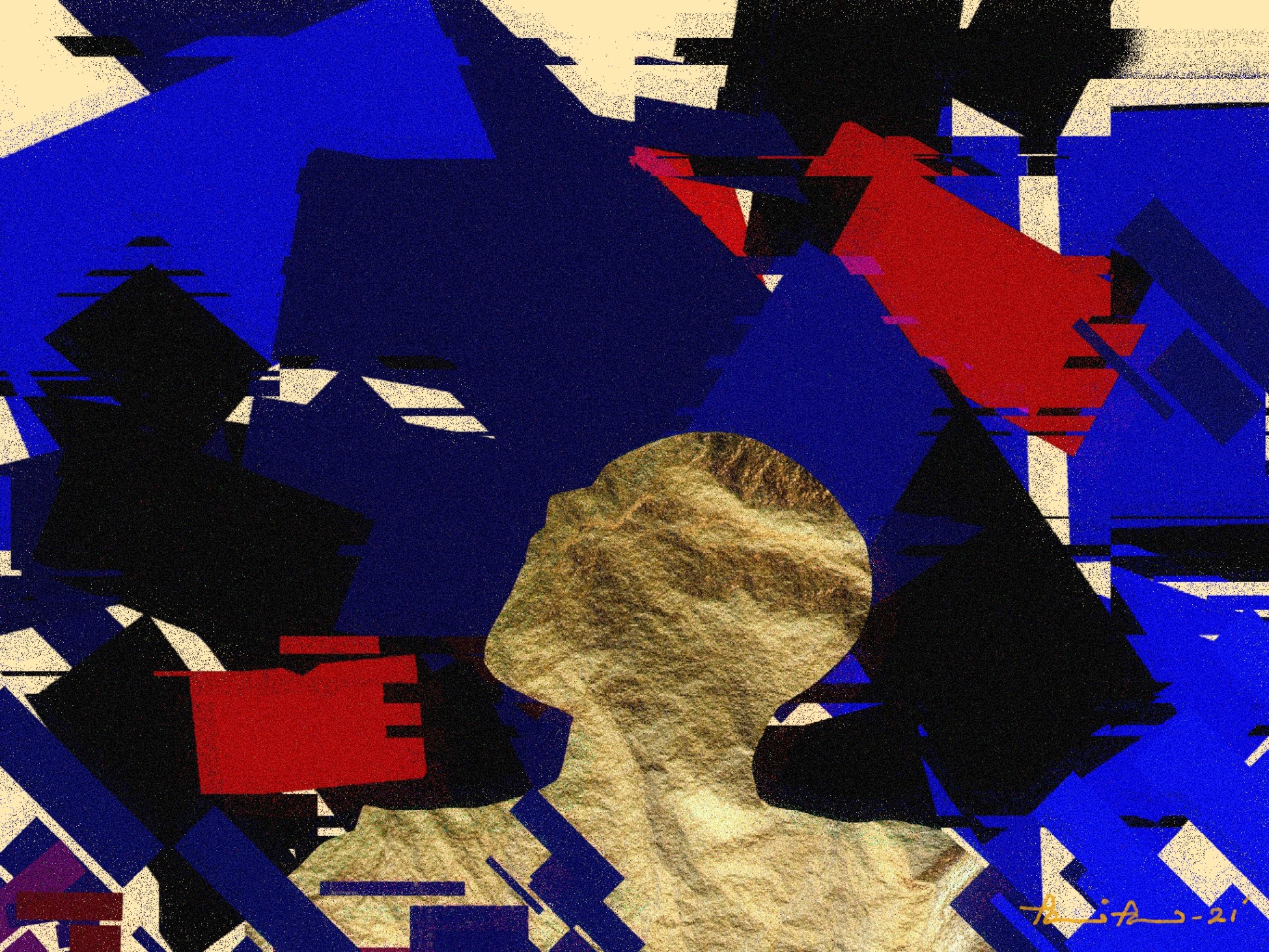A dialogue box stating there was no space to move a folder to my pen drive prompted me to delete all the unnecessary things I had stored in the past. That was when I came across a folder that contained photos worth 4.5 gb. Most of them were from a 2014 summer vacation in Delhi.
There was only one photo of myself with the family. The rest were of the places we visited: the buildings, sunsets, artefacts, temples and didactic panels carrying facts that I was too unconcerned to read in full back then. I clicked pictures of them so I could read them later.
But did I? No.
Looking through nearly a thousand photos, I cannot recall where it was that my hands felt very clammy or which temple it was that made my fingertips cold. I think a few sellers were pestering everyone to try their plastic earrings or metal bangles. These photos are the only memories I have, but I don’t remember the time I lived in them.
When I clicked these pictures, it was with the intention of looking back at them when I could. There were times when I could have done it, but I was uninterested in it in the same way I was at that museum – my feet walking quicker along the laid down path and towards the exit, clicking several pictures along the way.
If I thought I had no time to look at things in front of me then, how foolish was it to think I would have the time to look at these pictures in the future?
There is a general hunger to engage in everything and engage completely, which I find pretty hard to do. I am watching a movie on Prime Video. I want to use the bathroom? I pause. I want to refill my plate? I pause. Doorstep delivery? Pause! A call or a notification? Again, pause. I can decide when I want to continue watching and this control is making me take the movie for granted.
Similarly, when the new feature for televisions rolled out where users could record their favourite shows, I, like everyone else, thought it was an advantage. But now, I don’t think it is. It gives us a power to push back the present to a later time.
Also read: The Ticking Clock: Is My Time Running Out?
The present would not always come with this leisure. Creating that atmosphere of leisure is reducing the essence of spontaneity that comes with living in the moment.
Another uncertainty is a need to grasp everything at this time and place, but also doubt if I would do better at a later point. When I have to write an event report or interview a person, I record everything – if I miss something, I can always go back to the recording.
Speaking of recording, this storing-for-later habit has only intensified ever since online classes began. All classes are being recorded. I can always go back to download the videos later that night and listen to them since I clearly don’t have the mood for classes on some mornings. I download nearly all lectures, but how many do I actually listen to? Not many. Even if I did, it’s with 2.0 playback speed and on the night before exams.
I don’t live in the moment. I stop feeling what I would in the present, dissociate myself from the activity I am part of. I decide to schedule the present to a time in the future simply because I can.
To see the changes in my priorities and how less enjoyable life has generally become because of it looks like a miserable way of living to me – there is so much life around us but still being so focused on only consumption diminishes whatever meaning it holds.
To schedule the present to a later time feels unnatural and unnecessary – with the photos, I never got back to them until six years after taking them. The class recordings, I will neither have the patience to listen nor the courage to delete.
The time and place for everything is already there, all I am in control of is how I make the memories that define my life.
Veena G is a second-year college student from Mount Carmel College majoring in English, Journalism and Psychology.
Featured image credit: Pariplab Chakraborty

